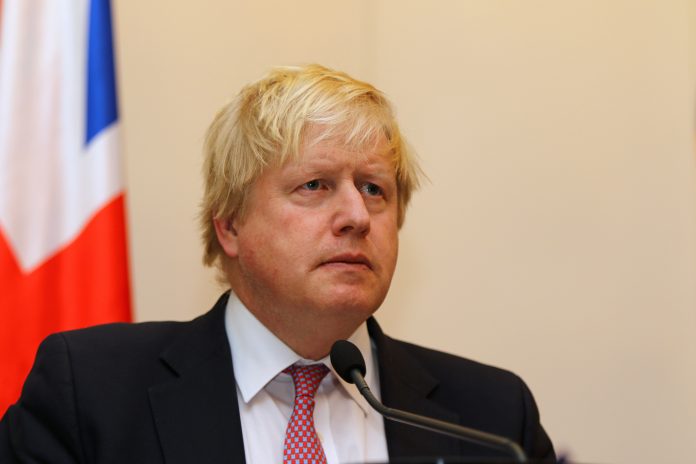Human Rights Watch said that PM Boris Johnson must address the rising use of food banks, the ongoing weapons export to Saudi Arabia and the genuine application of human rights in foreign policy
“In responding to the United Kingdom’s deep political, economic, and constitutional challenges, it’s important that the government doesn’t downgrade the human rights on which everyone in the country depends,” said Benjamin Ward, the acting UK director at Human Rights Watch. “The commitment to maintain rights needs to begin with the new prime minister himself.”
Human Rights Watch identified five priority areas for the new Prime Minister where rights are at risk:
- Protecting human rights in the context of Brexit, in particular by avoiding the risks to rights arising from no-deal Brexit and ensuring that rights derived from EU law are maintained after Brexit.
- Ensuring that children and families in the UK have adequate food at a time when more people are turning to food banks to meet their basic needs, including by addressing the negative impacts of Universal Credit and other welfare changes on children and families.
- Protecting women and girls from violence, through full legal protections for survivors of domestic violence in the UK and continued international leadership on sexual violence in conflict.
- Prioritising rights in UK foreign and trade policy, including by making sure that human rights clauses are maintained in new and continuing trade deals, and speaking out on behalf of human rights defenders and journalists jailed for doing their peaceful work.
- Halting UK arms exports to Saudi Arabia, given the clear evidence of repeated violations by the Saudi-led coalition during the war in Yemen.
Human Rights Watch also spoke out about Brexit:
“We are concerned about human rights implications of the UK leaving the European Union without a deal. In our assessment, such a departure carries considerable risks for human rights on people living in the UK and the rights of UK citizens living in other EU states.
We welcome the assurances of the UK government on protecting the rights of EU citizens but note that people report practical difficulties securing residence rights, and the fact that UK citizens overseas are having to rely on country-by-country assurances.”
They further discussed the domestic impact of No-Deal:
“We note the concerns by senior police officers about the risks of no-deal for the security situation in Northern Ireland, which we believe could consequently harm people’s rights. We are concerned about the potential impact of disruptions to the supply of medicine on people’s right to health.
“And we remain concerned that no-deal Brexit could trigger a resurgence of the hate crimes targeting perceived foreigners that we saw in the wake of the 2016 referendum.”
As foreign secretary in 2016, Johnson spoke of his ambitions for Global Britain after Brexit, which he said would be “more outward-looking and more engaged with the world than ever before.” He also talked of the need to “defend and preserve the best of the rules-based international order.”
“If Johnson is genuine about his vision of the UK’s post-Brexit role in the world, his government will need to maintain human rights protections at home and abroad,” Ward said.











